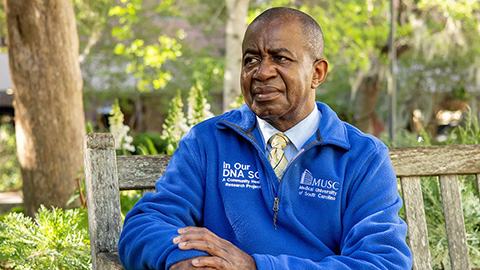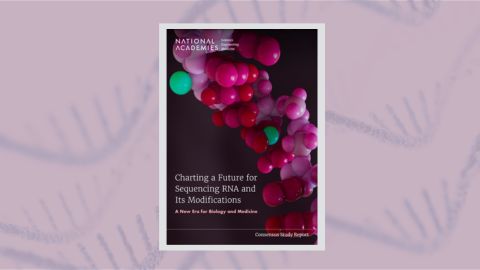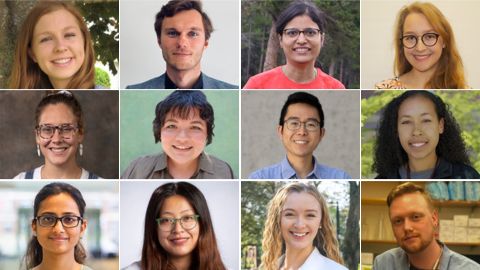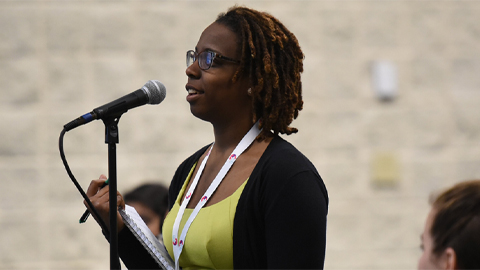ASBMB calls for broad federal effort to support scientists with disabilities
The American Society for Biochemistry and Molecular Biology released a statement on Jan. 31 endorsing the National Institutes of Health’s recent report detailing actions the agency should take to support disabled scientists.
The ASBMB’s advocacy team said that it is encouraged by the effort the NIH is making to support disabled scientists. However, ASBMB’s public affairs director, Sarina Neote, said that all federal agencies should follow NIH’s lead.
“NIH has taken an important first step. We hope that they will be an example for all federal agencies to follow suit and support the often-overlooked disability community,” she said.
In addition to calling for immediate implementation of the subgroup’s recommendations, the society urged NIH to:
-
Incorporate anti-ableism into all its diversity initiatives and communications
-
Establish funding opportunities for disability research.
In accordance with the subgroup’s recommendations, the ASBMB emphasized that NIH’s mission statement must be updated to eliminate ableist language.
The society wrote, “Individuals with disabilities make up 26% of the U.S. adult population, according to the Centers for Disease Control and Prevention. However, their representation in science remains low. The National Science Foundation found in 2019 that 9% of academic scientists self-reported having disabilities. Meanwhile, only 1.2% of NIH-funded principal investigators reported having disabilities.”
Most laboratory setups and equipment are configured for able-bodied users, which presents a systemic challenge for disabled individuals interested in STEM, and few resources exist to aid principal investigators in designing an accessible lab.
According to the NIH, many disabled scientists are unable to take part in professional development activities such as networking events because they are often designed with only able-bodied participants in mind. This inaccessibility has only been exacerbated by the COVID-19 pandemic.
“Disabled scientists are a vital part of the scientific workforce who provide unique scientific perspectives to the community,” the society wrote. “Without more representation of scientists with disabilities, the biomedical sciences will continue to lag in advances in disability-related research and its promise of equity.”
Neote said the ASBMB is encouraged by NIH’s leadership in this area and that her team looks forward to working with NIH to implement these important provisions.
Enjoy reading ASBMB Today?
Become a member to receive the print edition monthly and the digital edition weekly.
Learn moreGet the latest from ASBMB Today
Enter your email address, and we’ll send you a weekly email with recent articles, interviews and more.
Latest in Policy
Policy highlights or most popular articles

Genetics studies have a diversity problem that researchers struggle to fix
Researchers in South Carolina are trying to build a DNA database to better understand how genetics affects health risks. But they’re struggling to recruit enough Black participants.

National Academies propose initiative to sequence all RNA molecules
Unlocking the epitranscriptome could transform health, medicine, agriculture, energy and national security.

ATP delegates push for improved policies
This ASBMB program helps advocates gain skills to address issues that affect science and scientists.

Advocacy workshops at Discover BMB 2024
Topics include running for office, becoming an advocate, and navigating the grant review process at the NIH.

NIH’s advisory committee releases report on re-envisioning postdoc training
The working group developed six primary recommendations for the National Institutes of Health.

When authoritative sources hold onto bad data
A legal scholar explains the need for government databases to retract information.

